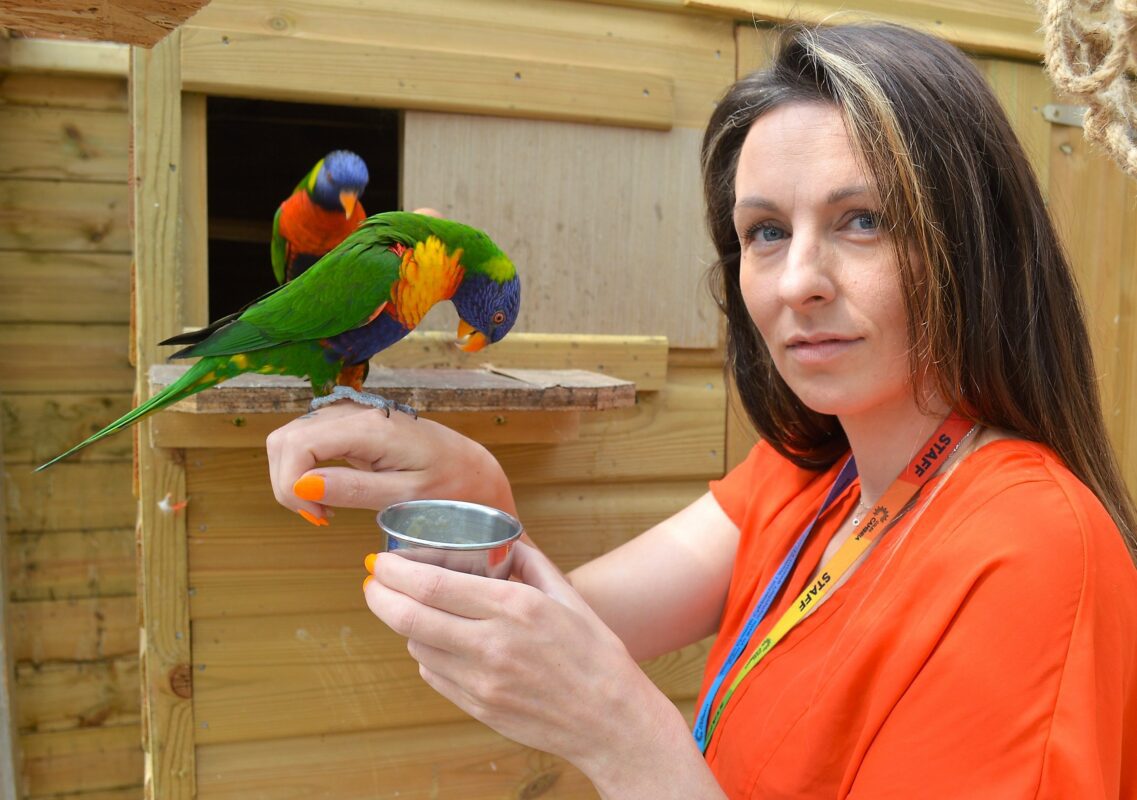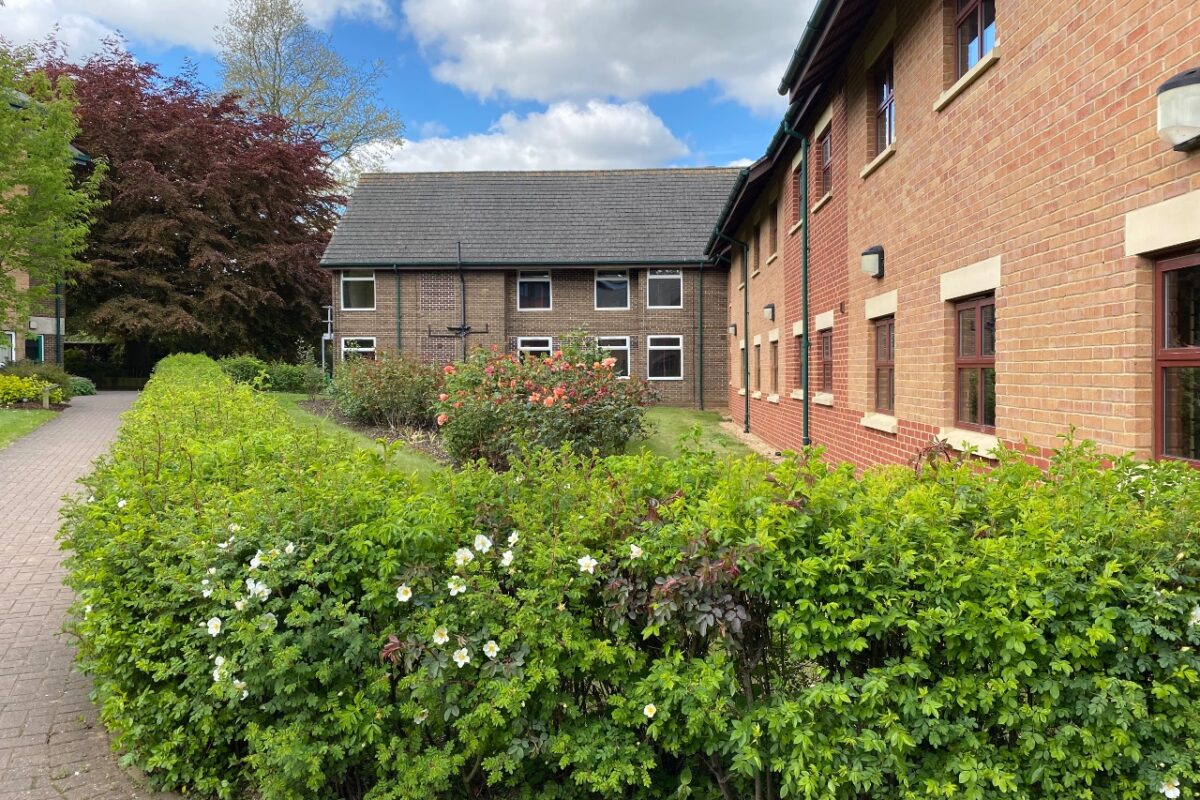Animal magic attracting HE students to rural college campus

ANIMAL MAGIC and the creature comforts of learning closer to home have attracted students to a college university centre.
Coleg Cambria’s HNC and HND in Animal Management have been lauded for the hands-on experience and bespoke teaching offered at its picturesque site in Northop, Flintshire.
Programme Leader Sadie Thackaberry said the college’s industry links and modern facilities – including the vibrant Small Animals Centre – have led graduates to ecology internships and a wide range of jobs including zookeepers and RSPCA welfare officers.
“Our students get to work with around 100 different species from all over the world, including native livestock breeds and a variety of invertebrates, amphibians, fish, birds, mammals and from next year we will introduce alpacas and a cane toad,” she said.
“Because the students are close to the animals and partake in in-depth theory sessions this comprehensive approach provides a unique perspective on the care and management of these amazing creatures.
“Of course, there is the academic element to the qualifications we offer but being part of a real-life, real-time environment prepares them better for their future careers.”
Having such a vast selection of species and topics also gives the learner an opportunity to find a setting that works for them.
“That enables us to deliver a more bespoke offering tailored to their passions and interests,” said Sadie.
“For some it might be livestock, others the exotic lizards and birds; there is no one size fits all approach and that has given the students a far more enjoyable experience.”
She added: “As we return to a more personal, up-close way of working post-pandemic, we are beginning to introduce site visits and guest speakers, which has been a major USP in past years, and practical assessments and reports.
“But one thing we will keep – which worked well in lockdown – is the virtual, remote element of the course, which enabled us to be more flexible and call upon some of the biggest international names in animal care, wherever they are in the world.
“An example was Professor Raj Sekhar Aich, who joined us from India to discuss his acclaimed book on white sharks and cage diving – a fascinating highlight for all of us.”
With more students choosing to study closer to home following months of self-isolation, Sadie says the openness and relaxed atmosphere at Northop has provided them with an alternative to the hustle and bustle of university life.
“Attitudes have changed, that’s the feedback we’ve had, and you can see it across multiple sectors,” she added.
“Mental health and wellbeing are more important than ever, as is pastoral care and support, which is why more people are turning to Coleg Cambria.
“To be here among these incredible animals is like another world, it’s an escape and a chance to navigate a pathway you choose toward your future – that independence and guidance has made the degree-level courses here more popular than ever.”
The HND can be studied over two years full-time or four years part-time and features modules on Animal Behaviour in Society; Anatomy and Physiology; Business and the Business Environment; Animal Husbandry; Ecological Principles, Anthrozoology, and Wildlife Conservation.
For more information, visit the website www.cambria.ac.uk and follow the Northop Animal Care Facebook page here: www.facebook.com/animalcareNorthop.










